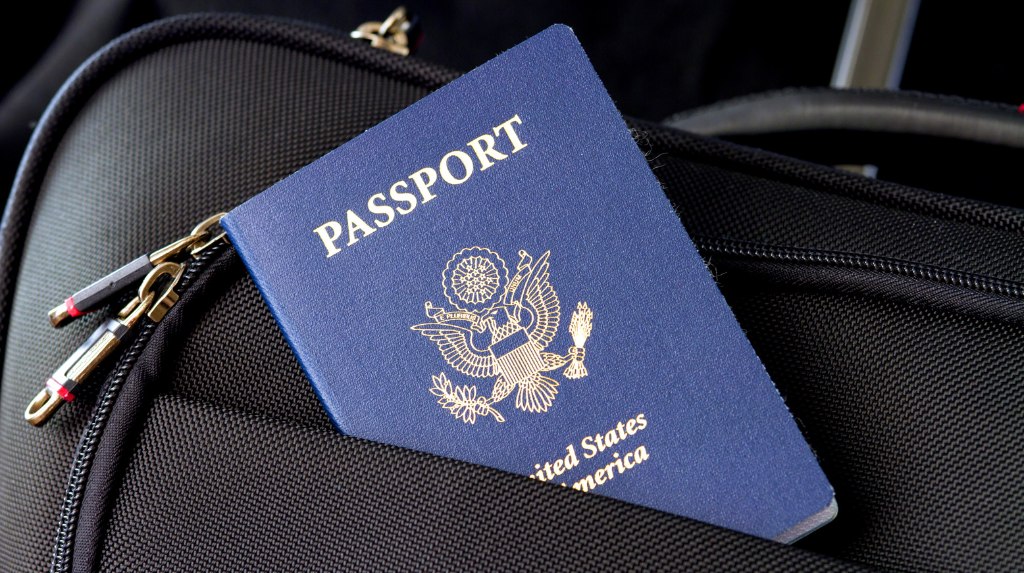Qualifying to become a U.S. citizen is one of the dreams of immigrants and it comes with rights and duties, although the journey there isn’t always easy. This article looks at what happens if you have been out of the country while trying to apply for an Extended Travel Citizenship Application.
Why Residency Matters for Extended Travel Citizenship Application
The government looks at your presence in the country. Here are the five rules you have to follow:
Rule 1; you need to be a lawful permanent resident but if you’re spending too much time outside the country, it could look like you’re not living there anymore.
Second Rule; You need to maintain your U.S. residence for a specific period—either five years or three years if you’re married to a U.S. citizen. Leaving for too long can disrupt this continuous residence.
Rule 3; You must be physically present in the country for at least half of the required time for continuous residence. Even if you maintain your continuous residence, many short trips outside the country can still affect this.
Fourth Rule; When you apply for citizenship, you’ve got to have lived in your state or the USCIS service district where you’re applying for at least three months. If you’ve been away, you’ve got to settle back in before you can apply.
Rule 5: Important steps like fingerprinting, the citizenship interview, and the oath ceremony have to happen within the country’s borders and If you leave after applying, you’ve got to come back for these events.
Continuous Residence Requirement
To apply for U.S. citizenship, LPRs must demonstrate continuous residence in the United States for a specified period—typically five years, or three years if married to a U.S. citizen. Extended absences can disrupt this requirement:
Absences of 180 Days to Less Than One Year:
If an LPR is absent for more than 180 days but less than one year, there is a presumption that they have disrupted their continuous residence. The applicant must provide evidence to overcome this presumption, showing they did not abandon their residency. This may include documentation such as tax returns, employment records, or proof of family ties in the U.S..
Absences of One Year or More:
An absence of one year or more typically results in automatic termination of permanent resident status unless a re-entry permit was obtained prior to departure. In such cases, the applicant would need to start their residency period over upon return to the U.S.
Physical Presence Requirement
In addition to continuous residence, applicants must also meet the physical presence requirement, which mandates that they be physically present in the U.S. for at least half of the required residency period (30 months out of five years). Extensive travel can jeopardize this requirement as well
Impact of Frequent Short Trips
Cumulative Effect
While individual trips that last less than six months typically do not disrupt continuous residence, the cumulative effect of multiple short trips can be problematic. If these trips result in spending more than half of the required residency period outside the U.S., it can jeopardize your eligibility for naturalization. For example, if an LPR takes several trips that total more than 30 months outside the U.S. over five years, they may fail to meet the physical presence requirement.
USCIS Scrutiny
U.S. Citizenship and Immigration Services (USCIS) closely examines travel patterns during the five years preceding an application. If they notice a pattern of frequent short trips that seem designed to avoid longer absences (e.g., trips lasting just under six months), they may question the applicant’s commitment to maintaining permanent residency and may consider this as an indication of abandoning residency
In conclusion, getting U.S. citizenship has a lot of rules, especially when it comes to Extended Travel Citizenship. Following these rules closely is key to becoming a citizen. It’s a complex journey, but sticking to the rules will bring you closer to your dream of being a U.S. citizen.
How Law and Visas Can Help?
At Law and Visas, our team of expert immigration consultants is here to make your travel to the United States straightforward and successful. Whether you’re applying for Employment-Based Visas or Family-Sponsored Visas, we handle every step—from preparing your application to gathering the required documents.
Our Immigration Consultants and Lawyers ensure that your application meets the highest standards, with no details missed. We’ll also keep you informed throughout the process, coordinating with the immigration office or embassy on your behalf.
Law and Visas has a strong record of helping clients secure the visas/permits they need to visit the United States. Call us today at +234 812 5505 986 to learn how we can assist you.





